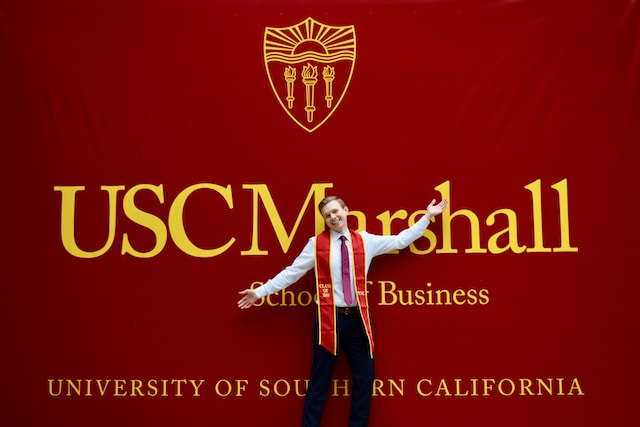Marshall University is a public research university located in Huntington, West Virginia. Founded in 1837, it has a long history of providing quality education to students from West Virginia and beyond. In this essay, we will examine the pros and cons of attending Marshall University, focusing on its academic offerings, campus life, and overall value proposition.

Pros:
- Wide range of academic programs: Marshall University offers a wide range of undergraduate and graduate programs in fields such as business, engineering, health sciences, liberal arts, and education. The university also offers professional programs in law and medicine, giving students a diverse range of career opportunities to explore.
- Dedicated faculty: The faculty at Marshall University is dedicated to providing quality education to students. They are committed to helping students succeed academically and professionally, and are available for one-on-one assistance outside of class time.
- Affordable tuition: As a public university, Marshall University offers affordable tuition rates to in-state and out-of-state students. Additionally, the university offers a variety of scholarships and financial aid programs to help students pay for their education.
- Strong student support services: Marshall University offers a variety of student support services, including tutoring, academic advising, career services, and counseling. These resources are designed to help students succeed academically and personally, and to prepare them for life after college.
- Active campus life: Marshall University has a vibrant campus community, with a wide range of clubs, organizations, and activities for students to get involved in. The university also hosts a variety of events throughout the year, including concerts, sporting events, and cultural festivals.
Cons:
- Limited job opportunities: While Marshall University offers a wide range of academic programs, graduates may face limited job opportunities compared to graduates of larger universities. The job market in West Virginia is also limited, which may make it difficult for graduates to find employment in their desired field.
- Limited diversity: Marshall University has a diverse student body, but it may not be as diverse as some other universities. Students from underrepresented groups may feel isolated or underrepresented on campus.
- Campus safety concerns: In recent years, there have been several incidents of violence on or near the Marshall University campus. While the university has taken steps to improve campus safety, some students and parents may still have concerns about safety.
- Limited research opportunities: While Marshall University is a research university, it may have fewer research opportunities compared to larger universities. This may limit the opportunities for students to gain hands-on research experience and to work with faculty on cutting-edge research projects.
- Limited resources: As a smaller university, Marshall University may have fewer resources compared to larger universities. For example, the university may have smaller libraries, fewer on-campus facilities, and limited access to certain academic resources.
Conclusion:
In conclusion, Marshall University offers many advantages to students seeking a quality education at an affordable price. However, the university also has some drawbacks, such as limited job opportunities, limited diversity, and campus safety concerns. Ultimately, whether Marshall University is the right choice for a particular student will depend on their individual needs and priorities. Prospective students should carefully consider the university’s academic programs, campus culture, and resources before making a decision.